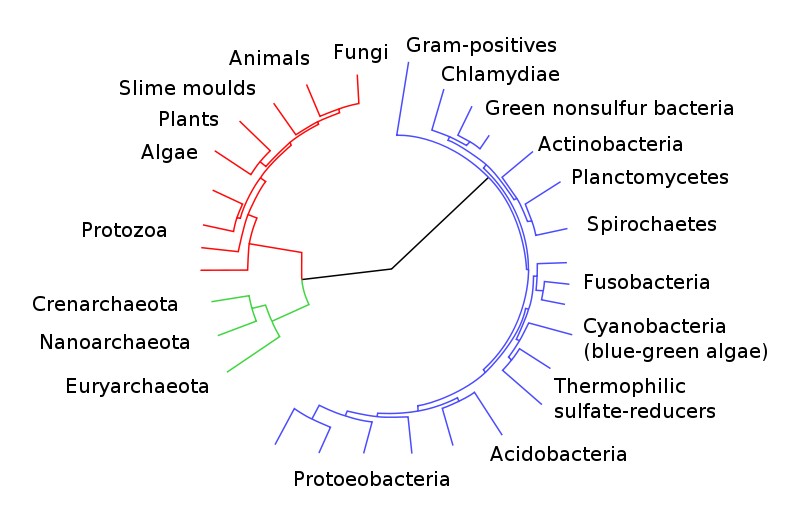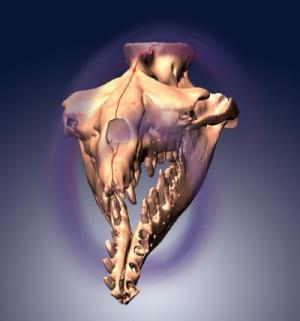European ancestry is a tinderbox of change

Death of Higgs boson – the good news is, physics actually works

300 mya Harvester: “The fossil record is proving to be less and less Darwinian as we examine the details.”

New count method puts species totals much higher – but Brit toff says something stupid about it
For daddy longlegs, evolution never happened, it seems

Richard Dawkins’ basic problem is with a democratic process, period
The Fallacy of Creeping Omniscience
Yesterday, in his “Critics agree with Dembski” post, Eric Holloway raised the issue of a fallacy that is so significant in the design theory context that it deserves its own name: The Fallacy of Creeping Omniscience.
He provided a description that with some minor adjustments, can serve as a working definition:
It is commonly noted that when smart or educated or famous, or wealthy or powerful people or the like achieve expertise or noted success in a certain area, they suddenly think they are experts in many others, even when lacking the necessary knowledge. When listening to smart or educated or famous, or wealthy or powerful people, it is always wise to take this into consideration, and listen most closely to their opinions about what they’re carefully studied. (But, even on those topics where they have genuine expertise, we should note that no expert is better than his or her facts, assumptions and reasoning.)
It is always helpful to give a key example or two, and the now notorious NYRB 1997 clip from Professor Richard Lewontin makes a very good first example: Read More ›
Dominionist, are you? Welcome to your home and native land

Whale skull asymmetry, for hearing, earlier than thought
From “Ancient Whale Skulls and Directional Hearing: A Twisted Tale” (ScienceDaily, Aug. 22, 2011), we learn, re a 37 mya whale: Skewed skulls may have helped early whales discriminate the direction of sounds in water and are not solely, as previously thought, a later adaptation related to echolocation. How one scientist discovered this is quite interesting: “We thought, like everybody else before us, that this might have happened during burial and fossilization,” Fahlke said. “Under pressure from sediments, fossils oftentimes deform.” To correct for the deformation, coauthor Aaron Wood, a former U-M postdoctoral researcher who is now at the University of Florida, straightened out the skull in the digital model. But when Fahlke began working with the “corrected” model, the Read More ›

Jupiter’s moon Europa scene of the latest hunt for life
Oops, that life-giving water on Mars is … lava!
Finally some straight talk: Serious evolution is NOT happening just because small changes are noted vs. last decade
Were people cooking two million years ago?
Evolution And Probabilities: A Response to Jason Rosenhouse
I recently published an article on Uncommon Descent on the value of probabilistic arguments in the evolution debate. Mathematician and ScienceBlogs contributor Jason Rosenhouse has since responded with a rebuttal on his blog. Here, I offer a brief response. Rosenhouse writes, Jonathan M. is completely confused about what the issue is. Pigliucci certainly never claimed that biologists are not interested in evaluating probabilistic feasibility (whatever that even means). He said simply that evolutionary biologists do not assign probabilities to specific events in the way that ID folks would like. For example, Jonathan M. points to a calculation in which biologist Sean Carroll estimated the probability of obtaining the same mutation four times independently in different orders of birds. In such Read More ›